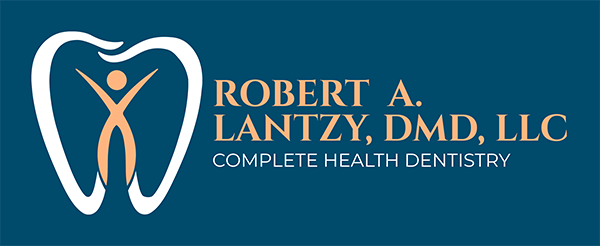At the mention of the word “menopause,” most people think of hot flashes and night sweats—and rightfully so. But what many women don’t realize is that menopause can have a profound impact on oral health, too.
Hormones and Your Smile: The Hidden Connection
As women enter peri-menopause and menopause, levels of estrogen and progesterone begin to drop significantly. While these hormones are best known for their role in reproductive health, they also help maintain healthy gums, oral tissues, and bone structure.
When hormone levels decline, several changes can occur in the mouth:
- Dry mouth (xerostomia): Reduced saliva production makes it harder to neutralize acids, wash away food debris, and protect against bacteria.
- Inflamed, sensitive tissues: Drier tissues are more prone to irritation, sores, and infections like oral thrush.
- Burning Mouth Syndrome: A frustrating condition marked by a burning sensation in the tongue, lips, or palate.
- Bone loss: Estrogen supports bone density—including the bone that holds your teeth in place. Lower levels can lead to gum recession, loose teeth, and even jawbone issues.
Simple Strategies to Protect Your Oral Health
Fortunately, there are proactive steps you can take to support your smile during menopause:
Stay Hydrated
According to the Mayo Clinic, women should aim for about 11.5 cups (2.7 liters) of fluid daily, with at least 80% coming from beverages.
Use Salivary Substitutes
Products like Biotene, ACT, and OraCoat mimic the protective functions of natural saliva. They come in lozenges, sprays, and rinses. Coconut oil is a great all-natural option. Avoid sugary mints and candies—they can worsen dry mouth and increase decay risk.
Get Routine Dental Check-Ups
Regular visits to your dentist and hygienist are essential. They can monitor dry mouth symptoms, check for decay, and ensure your oral tissues stay healthy.
Practice Good Oral Hygiene
Brush twice daily for two minutes, and don’t forget to clean between your teeth using floss or a Waterpik.
Eat a Balanced Diet
Focus on calcium- and vitamin D-rich foods like dairy, leafy greens, and fortified products to support bone health.
Consider Hormone Replacement Therapy (HRT)
Talk to your physician about whether HRT might be right for you. It can help stabilize hormone levels and support overall wellness—including oral health.
A Final Word of Encouragement
Menopause is a natural transition, but its effects on oral health are often overlooked. By staying informed and proactive, you can protect your smile and support your overall well-being. Your mouth deserves just as much care as the rest of you—especially during this transformative time.
 Enjoy life
Enjoy life

